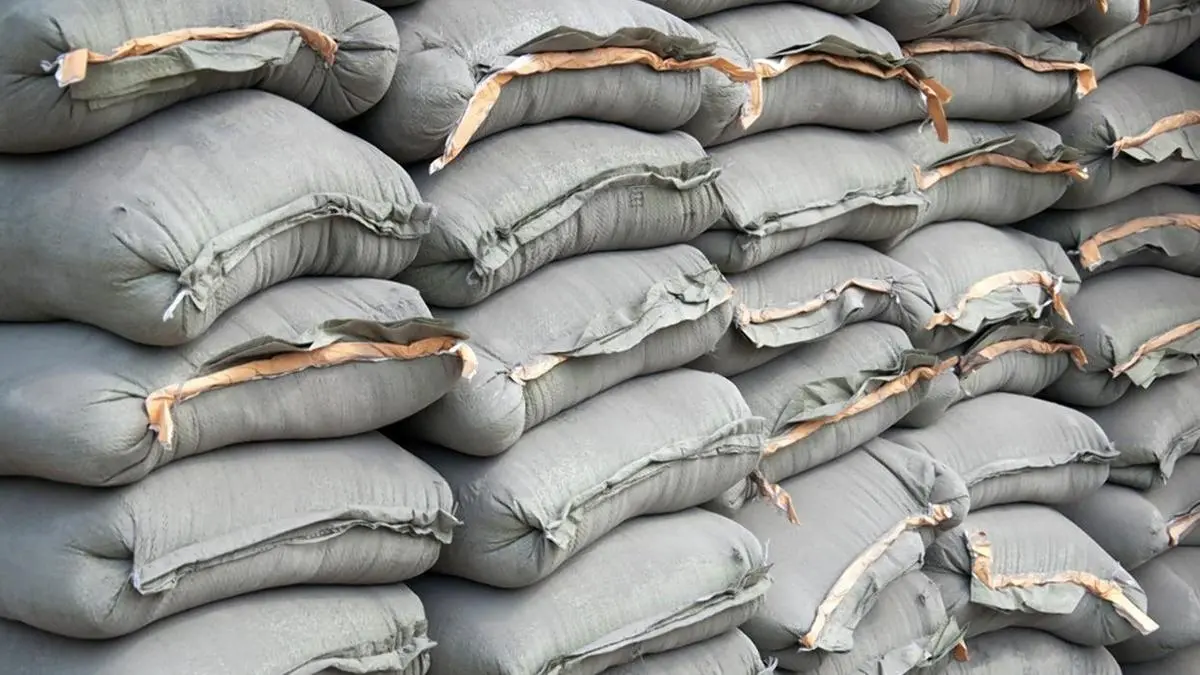Yves here. Hoo boy. One assumes that, just as with Operation Prosperity Guardian, the US has to Do Something so as to appear to have some power. But by all accounts, the Houthis are exceptionally well-bunkered, due both to taking advantage of the rugged terrain and having a very decentralized structure. On top of that, how pray tell could we send in ground troops with the Houthis able to attack military assets at sea, even assuming that could be effective (witness Afghanistan)? And how can “we” do much with just missile and air strikes?
There is the a issue of procedure:
Military action in Yemen by the UK & US government is a reckless act of escalation that will only cause more death and suffering.
It is utterly disgraceful that Parliament has not even been consulted.
When will we learn from our mistakes and realise that war is not the answer?
— Jeremy Corbyn (@jeremycorbyn) January 12, 2024
And in addition to questions of effectiveness, there’s also the ever-present issue of double standards and lack of morality:
Biden bombs Yemen to defend “freedom of navigation.” Meanwhile, the US backs Israel’s regular attacks on Iranian ships trying to bring fuel to Syria.
Under US rules:
– Yemen can’t block ships to stop a genocide.
– Israel (with US help) can bomb ships to stop Syria from… https://t.co/gU5mtNJp6z pic.twitter.com/ncoj2OWyLo
— Aaron Maté (@aaronjmate) January 12, 2024
Yemen isn’t even targeting ships destined for New Zealand, this makes no sense!
Also, you’re cool with bombing ppl over … shipping delays to customers???
Late stage capitalism is as embarrassing as it is barbaric. https://t.co/9lTBvnmBkK
— Rania Khalek (@RaniaKhalek) January 12, 2024
“What I heard from so many of the leaders is trying to make sure this conflict doesn’t spread”
So naturally you decided to bomb Yemen… https://t.co/6eTy5VqY05
— Arnaud Bertrand (@RnaudBertrand) January 12, 2024
By Charles Kennedy, a writer at OilPrice. Originally published at OilPrice
U.S. and UK forces in the Red Sea have struck military targets in Yemen in response to Houthi attacks on ships in the area.
Reuters cited witnesses as saying there had been strikes across the country.
“These targeted strikes are a clear message that the United States and our partners will not tolerate attacks on our personnel or allow hostile actors to imperil freedom of navigation,” President Biden said in a statement following the air and sea strikes.
The escalation follows what the U.S. Central Command called the biggest Houthi attack yet, the U.S. and UK forces in the Red Sea shot down 21 drones and missiles on Tuesday. The Houthis’ military spokesman, Yahya Saree, said they had attacked a U.S. military ship because it was “providing support” to Israel.
The news of the U.S. and UK retaliation pushed oil prices higher, initially spiking by more than 2% before retreating some. In mid-morning trade in Asia today, Brent crude was trading above $78 per barrel, with West Texas Intermediateat over $73 per barrel.
The U.S. and UK strikes on Yemen are the first on the country’s territory since 2016, Reuters noted in its report as it recalled that the Houthis have made a vow to respond to any attack in kind. This would mean further escalation of the Middle Eastern conflict.
“The concern is that this could escalate,” security studies professor Andreas Krieg from King’s College in London told Reuters, noting Saudi Arabia and the UAE could be drawn into the war. The Saudis have already issued a statement calling for restraint and avoidance of escalation.
“The kingdom emphasizes the importance of maintaining the security and stability of the Red Sea region, as the freedom of navigation in it is an international demand,” the Saudi foreign ministry said in the statement.





































